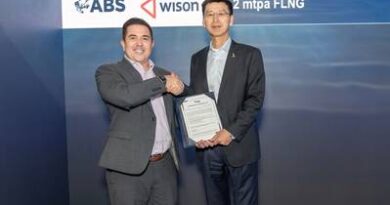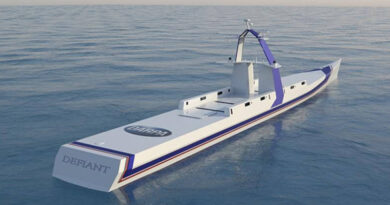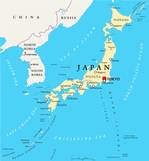ACUA Ocean’s PIONEER ROUV certified by Lloyd’s Register
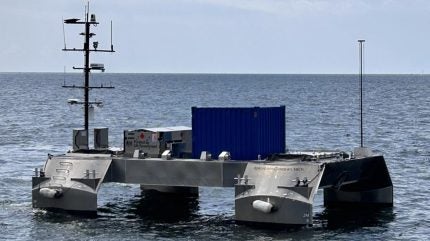
Lloyd’s Register (LR) has awarded the UK’s first certification for a hydrogen-powered remotely operated and unmanned vessel (ROUV) to ACUA Ocean’s PIONEER.
The certification was awarded under the Maritime and Coastguard Agency’s (MCA) Workboat Code Edition 3 (WBC3) Annex 2.
Introduced in December 2023, the WBC3 outlines rigorous requirements for ROUVs, with LR becoming the first certifying authority authorised by the MCA to issue certificates under Annex 2.
This certification is a crucial step for PIONEER as it prepares for its upcoming sea trials under the UK Clean Maritime Demonstrator Competition (CMDC), which aims to promote maritime decarbonisation.
LR is actively engaged with the ROUV and autonomous vessel community and anticipates issuing more WBC3 Annex 2 certifications in the near future.
Lloyd’s Register principal specialist Anderson Chaplow said: “This certification represents a major step forward – not just for ACUA Ocean or LR, but for the wider UK maritime industry.
“It proves that certification of small, complex ROUVs under Annex 2 is achievable and sets a precedent for others in the industry to follow. It also shows what’s possible when developers, regulators and classification societies collaborate to bring emerging technologies safely into operation.
ACUA Ocean, based in Plymouth, intends to finalise the CMDC trial activities related to hydrogen operations before proceeding with further development of the hybrid and electric variants of the PIONEER.
PIONEER is a long-endurance uncrewed surface vessel (USV) designed for offshore tasks such as surveillance, monitoring, and inspection.
The vessel is equipped with a hydrogen fuel cell propulsion system, autonomous navigation, and remote command capabilities, and features a modular design suitable for various offshore operations.
ACUA Ocean CEO Neil Tinmouth said: “This certification under Annex 2 of the WBC 3 is a major milestone for ACUA and the industry.
“It’s a testament to our team’s commitment and focus on developing robust and reliable ROUVs to the highest standards, and it highlights our commitment to driving innovation and collaboration across the maritime sector.”
In a separate development, LR collaborated with Microsoft in March to harness generative AI for advancing nuclear technology applications in maritime.
This partnership will leverage Microsoft’s Azure OpenAI Service to optimise the regulatory process for nuclear technology, potentially harmonising terrestrial and maritime nuclear applications.
